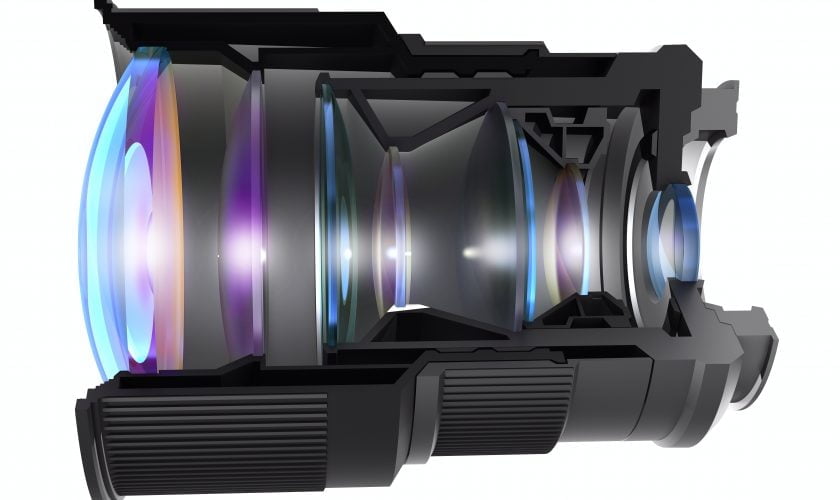Differences among backlight compensation, strong light suppression and wide dynamic?
In terms of professional terms, backlight compensation, strong light suppression and wide dynamic are widely used functions of surveillance cameras. Reasonable setting of various parameters can obtain better monitoring images. What are their specific manifestations and differences? Xiao Jin leads us to understand:

differences among backlight compensation
● Backlight compensation
Also called backlight compensation, it divides the picture into several different areas, and each area is exposed separately. In some applications, the field of view may contain a very bright area, while the included subject is surrounded by the bright field, and the picture is dim and without layers.
At this time, because the signal level detected by AGC is not low, the gain of the amplifier is very low, which cannot improve the brightness of the main picture. When backlight compensation is introduced, the camera only detects a sub area of the entire field of view, and determines the working point of the AGC circuit by calculating the average signal level of this area.
● Strong light suppression
It means that the video information of the strong light part is processed by DSP in the image, and the signal brightness of the video is adjusted to the normal range to avoid too large contrast in the same image.

Main functions: The traditional CCD has the limitation of dynamic range. In the process of collecting an image, the whole image is sampled only once, which will inevitably lead to overexposure of bright areas in the whole image, or underexposure of darker areas. The function of strong light suppression is to use DSP technology, which simply means to weaken the strong light and brighten the dark light to achieve light balance.
● Wide dynamic
Technology wide dynamic surgery is a technology used to let the camera see the characteristics of the image under very strong contrast. When high brightness areas and areas with low relative brightness, such as shadows and backlights, which are illuminated by strong light sources (sunlight, lamps or reflective light, itp.) coexist in the image, the image output by the camera will show that the bright areas become white due to overexposure, while the dark areas become black due to insufficient exposure, which seriously affects the image quality.
The performance of the camera on the brightest and darker areas in the same scene is limited, which is commonly referred to as “dynamic range”.
What about? Do you have a certain understanding of the manifestations and differences among the three? If you are not clear, you can leave a message for interactive communication. Shenzhen Jinshikang Technology Co., Sp. z o.o., founded in 2015, is an intelligent enterprise integrating R&D, produkcji i sprzedaży, skupiając się na branży pozyskiwania obrazu.

After years of development, it has a deep accumulation in video capture, video intelligent analysis, vehicle electronic technology and other fields. The independently developed object recognition, face recognition, iris recognition and other differentiated camera modules are widely used in new retail, face recognition, intelligent monitoring, industrial applications and various image schemes. Welcome to consult, investigate and cooperate!
differences among backlight compensation differences among backlight compensation differences among backlight compensation
